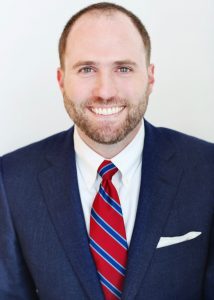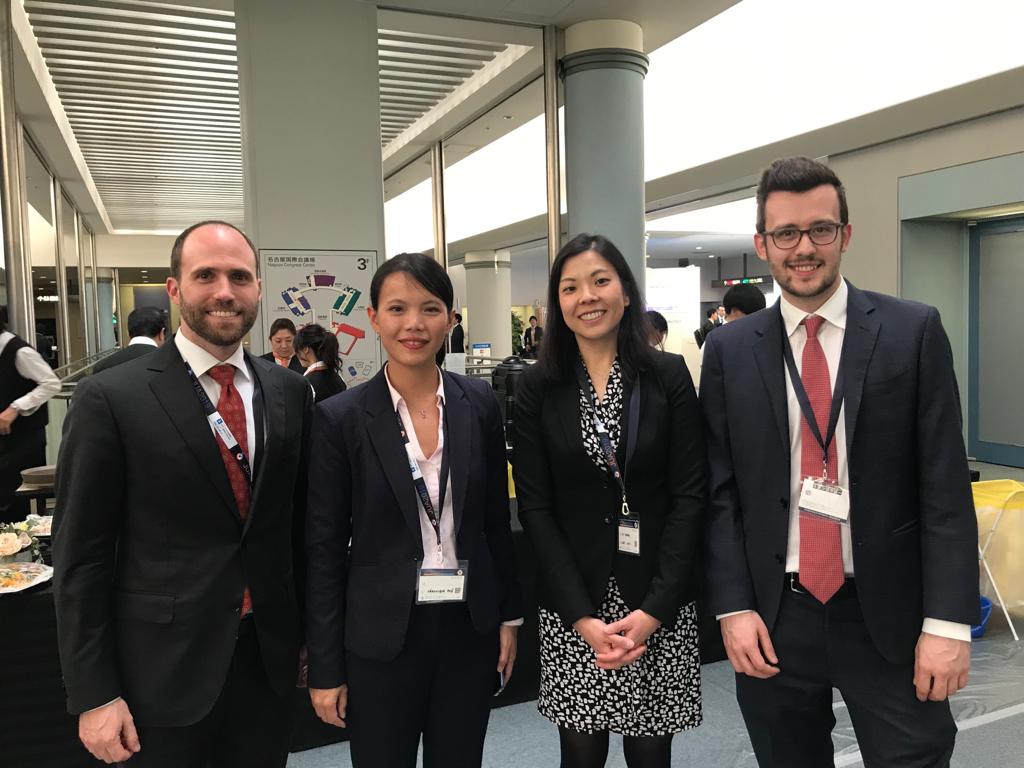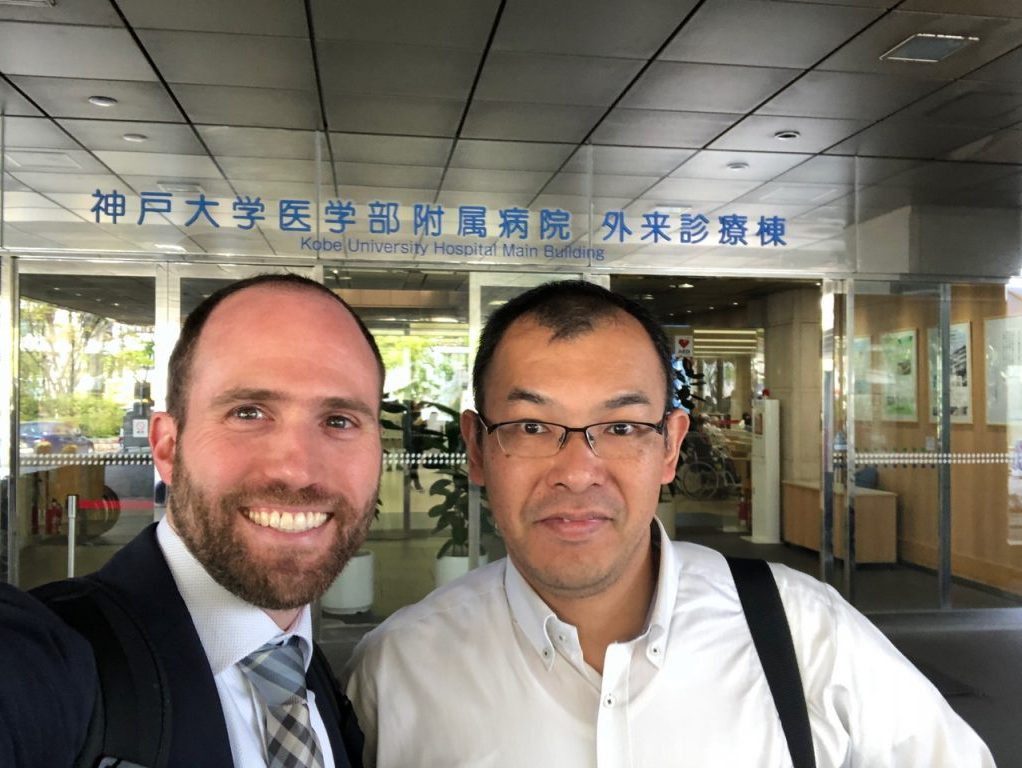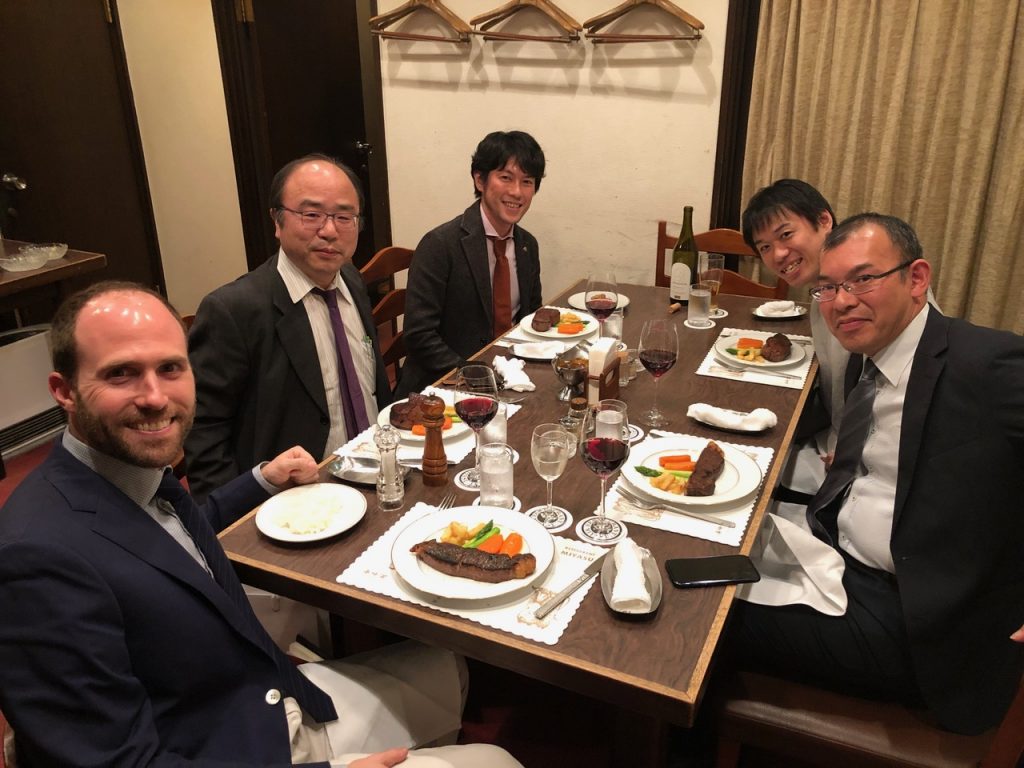During his time in Japan, Dr. Coward attended the JUA Annual Meeting in Nagoya where he gave an invited lecture on “Novel Approaches to the Evaluation and Management of Azoospermia” and presented two separate posters. While there Dr. Coward also had the opportunity to meet with leadership from both national urological organizations.
After his time in Nagoya, Dr. Coward spent a week doing an observership at Kobe University working alongside andrologists Dr. Koji Chiba and Dr. Keisuke Okada where he was able to observe surgeries, clinics, rounds, and conferences.
“My experience in Japan as an AUA/JUA Scholar was the opportunity of a lifetime. It was extraordinary to be able to represent the AUA at the JUA meeting alongside the leadership of both organizations, and experience the culture, food, and sights of beautiful Kobe while at the same time also seeing first-hand the Japanese practice of urology.”
R. Matthew Coward, MD, FACS
During his time at Kobe University with andrologists Dr. Chiba and Dr. Okada, Dr. Coward noted that their Urology Department, including how it functions as a residency training program, the types of procedures they do, their surgical techniques and equipment, and overall urological care in Japan, are remarkably similar to ours here in the United States.
With that in mind, Dr. Coward noted the differences in culture, patient expectations, insurance coverage, and healthcare systems lead to slight differences in the delivery of care.
One such example is that every patient who receives general anesthesia for surgery is admitted for at least one night, with larger surgeries having lengthy stays. As a result, many urological procedures that are performed under anesthesia here in the United States are done under local or spinal anesthesia in order to treat the patient as a same-day or outpatient procedure.
When reflecting on male reproductive care Dr. Coward noted that Japanese men are facing similar struggles with access to care and healthcare delivery as men here in the United States. Both are compounded by a significant lack of providers relative to the scope of their national problem. Additionally, in Japan, the cultural mindset of ‘business first’ has lead to the majority of care for men of reproductive age delivered at night after business hours and on the weekends.
AUA/Japanese Urological Association (JUA) Academic Exchange Program
The AUA/JUA Academic Exchange Program allows young academic urologists to benefit from the sharing of knowledge and experiences with colleagues in Japan. Medical advances are often the result of fruitful collaboration, and this fellowship is designed to facilitate such opportunities.
This reciprocal program includes a 2-4 week educational experience at an academic center(s) in Japan and attendance at the JUA Annual Meeting. During the exchange, participants observe urologic surgeries/procedures, attend clinics, present lectures and take part in staff activities. The exchanges are “observation only” – participants do not perform hands-on surgery.




